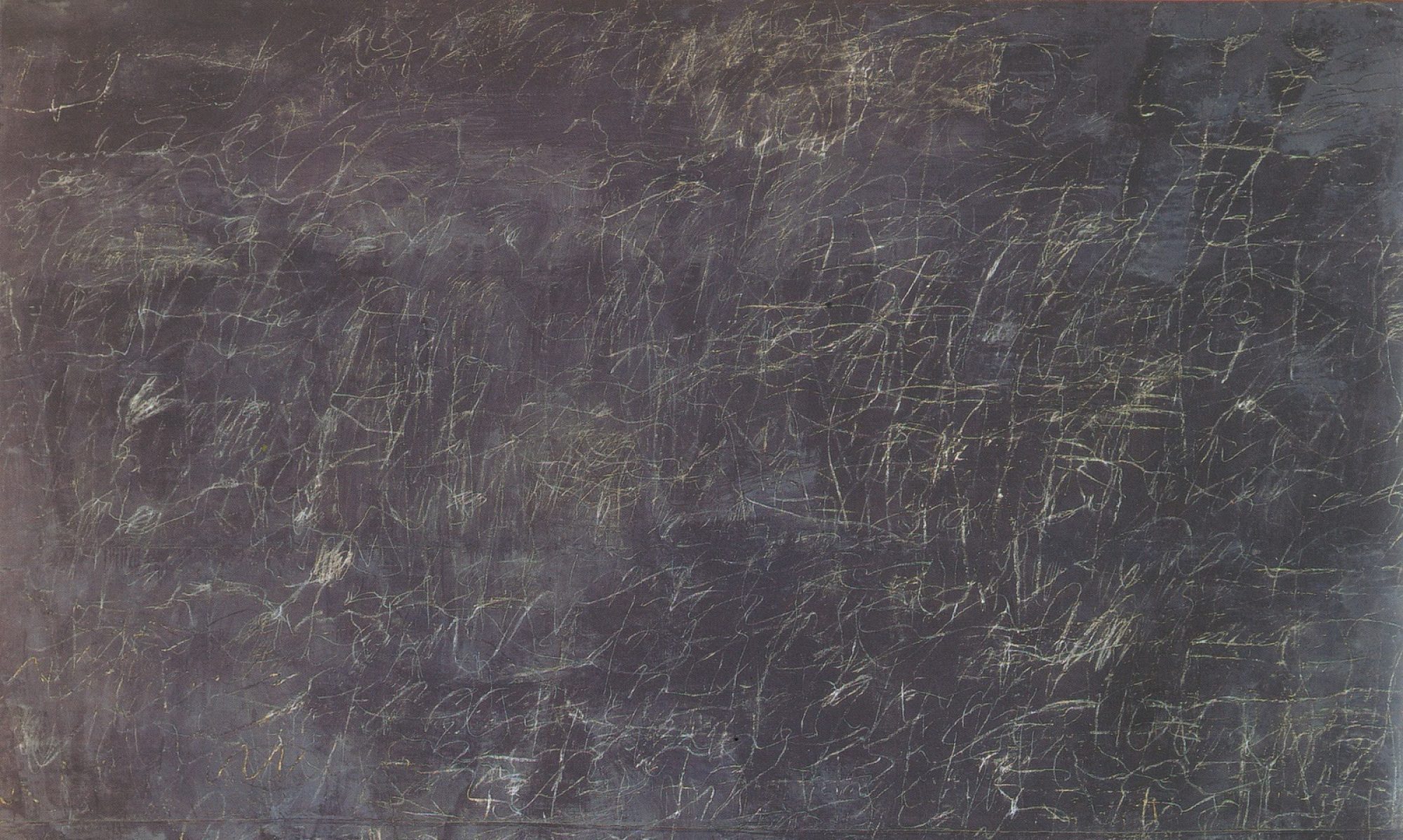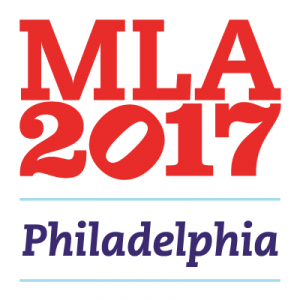The semester just got underway and already I am looking forward to MLA 2017. Organizers announced panel details today, so I can share some logistics concerning Histories of Digital Labor:
MLA2017, Session 649
Saturday, 7 January
5:15–6:30 p.m., Franklin 5, Philadelphia Marriott
Program arranged by the MLA Committee on Information Technology
- “The Human Computer Project: African American Women at NASA, 1943–70,” Duchess Harris, Macalester Coll.; Francena Turner, Univ. of Illinois, Urbana
- “Early Histories of OCR (Optical Character Recognition): Mary Jameson and Reading Optophones,” Tiffany Chan, Univ. of Victoria; Jentery Sayers, Univ. of Victoria
- “Pan-American Made: Archival Work at the University of the Air,” David Squires, Washington State Univ., Pullman
- “Vital Work: Information Science and Invisible Labor in The Infernal Desire Machines of Doctor Hoffman,” Madeleine Monson-Rosen, Loyola Univ., Baltimore
Shawna Ross (Texas A&M) organized the panel and will be presiding. Needless to say, I’m thrilled to be presenting with such smart folks. Shawna posted paper abstracts at her site for anyone curious to read more. My abstract is here.
“Pan-American Made: Archival Work at the University of the Air”
This paper proposes an alternative history of archive-based digital humanities projects. Rather than beginning with digital media and screen-based texts, it considers radio broadcasting as a seminal form of electronic transmission that pioneered the unsustainable ideology of dematerialization now pervasive in our world of cloud computing. Tracing that ideology back to early educational radio-—known as “schools of the air”-—shows how electronic media historically has obscured both the materiality of information and the labor of transmitting it. In particular, this paper reconstructs the making of a radio play produced by poets Archibald MacLeish and Muna Lee for NBC’s Inter-American University of the Air. As Librarian of Congress, MacLeish conceived of the play as a PanAmerican outreach program to promote hemispheric solidarity during WWII. His vision of a single America depended on radio’s ability to share “scholars’ stone-quarries” full of primary documents with a transnational audience.
Reimagining access to the Library of Congress in terms of broadcast, MacLeish prefigured contemporary calls to democratize library collections using digital media. As Roger Chartier famously put it in 1993, “texts are no longer prisoners of their original physical, material existence.” Despite the revolutionary charge Chartier lent to digital transmission as liberator of text, his formulation privileged collections over the people who maintain and circulate them by ascribing archival work to information technology itself. MacLeish makes an instructive precursor because his work with radio promoted his name on air while also marking its historical value in print. His collaborator meanwhile provided the research and materials that became The American Story. Yet Lee received no public recognition for her work beyond the acknowledgements section of MacLeish’s published transcripts, illustrating how gendered and ethnic paternalism obscured archival labor as a condition of possibility for new media experiments in education.

